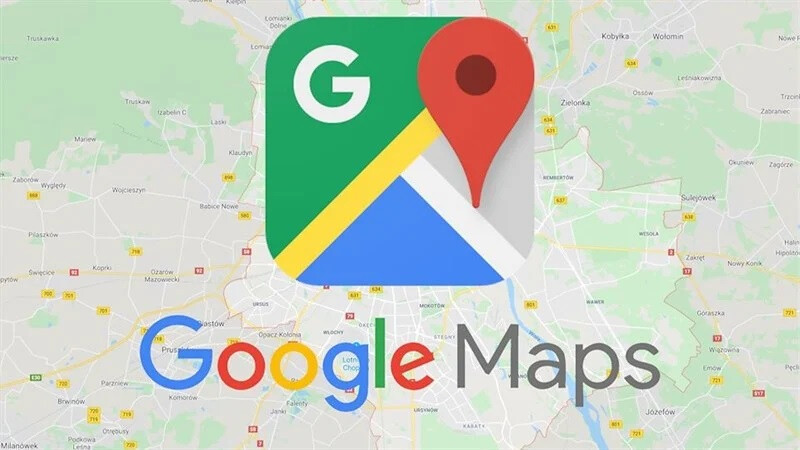
Seoul, South Korea – A coalition of South Korean technology companies, ranging from burgeoning startups to established giants, is vehemently opposing Google's latest endeavor to secure the export of highly detailed domestic map data. This marks the third instance of such a request from the American tech behemoth, following unsuccessful attempts in 2011 and 2016. However, this renewed push is unfolding under a different set of circumstances, reportedly amplified by past US administration pressures on trade. The unified resistance stems from deep-seated anxieties regarding national security, economic repercussions, and the potential for unfair competition within the burgeoning location-based services (LBS) market.
The Korea Spatial Information Industry Association (KOSIIA), a prominent body representing over 2,600 entities in the surveying, spatial information, digital twin, and smart city sectors, recently conducted an urgent survey of its 239 member companies. The overwhelming outcome revealed that 90% of respondents are against granting Google permission to export the high-precision map data. This strong consensus underscores the widespread apprehension within the domestic geospatial industry about the potential ramifications of such a move.
Prior to KOSIIA's survey, influential civic groups such as the Citizens' Coalition for Economic Justice (CCEJ) and the Korea Federation of Micro and Small Business also issued forceful statements of opposition. They characterized Google's persistent demands as "unreasonable" and cautioned that the unrestricted export of intricate map data could have far-reaching implications, extending beyond autonomous driving technologies to potentially disrupt the entire spectrum of location-aware services that underpin various aspects of modern life.
Adding their weight to the chorus of dissent, South Korea's leading IT conglomerates, Naver and Kakao, have formally conveyed their serious concerns to the national government. In a closed-door meeting convened on April 18th by the Ministry of Land, Infrastructure and Transport (MOLIT), representatives from these key domestic map service providers, along with Tmap Mobility, articulated their fears regarding the prospect of reverse discrimination. They argued that allowing Google unfettered access to and control over high-precision domestic map data could place Korean companies at a significant competitive disadvantage in their own market.
The specific map data that Google is aggressively seeking to export is at a highly detailed 1:5,000 scale. This level of precision, where a mere centimeter on the map corresponds to 50 meters in the real world, is significantly more granular than the 1:25,000 scale maps Google currently utilizes within South Korea. The South Korean government had previously indicated a conditional willingness to consider the data export request, contingent upon Google establishing server infrastructure within the country. This stipulation was ostensibly aimed at addressing national security concerns and ensuring a degree of local control over sensitive geospatial information. However, Google has consistently refrained from making such an investment in South Korea.
This reluctance to establish a local server presence has fueled suspicions within some quarters that Google's primary motivation may be related to minimizing its tax obligations in South Korea. Google Korea, citing the absence of a fixed establishment like servers within the nation's borders, has not been subject to corporate tax. Despite reporting substantial revenues of 386.9 billion KRW in the past year, the company's corporate tax payment amounted to a comparatively modest 17.3 billion KRW. Academics and industry observers in South Korea have long contended that Google strategically underreports its domestic earnings to engage in tax avoidance. A notable assertion came from Professor Jeon Seong-min of Gachon University, who, at a seminar focused on managing tax evasion by global tech giants, estimated that Google Korea's actual 2023 revenue could be as much as 12.1 trillion KRW, a staggering thirty times the figure reported in its audit statement.
Beyond the immediate concerns of established tech players, startups within South Korea are also vocally opposing Google's map data export aspirations. Their primary apprehension revolves around the potential for increased operational costs. It is widely understood that the fees levied by Google for accessing its map data via Application Programming Interfaces (APIs) are approximately ten times higher for Korean companies compared to the rates charged by domestic mapping service providers. This significant cost disparity could stifle innovation and create an uneven playing field, particularly for smaller businesses that rely on location-based technologies.
The South Korean government is now facing a critical decision. A pivotal meeting is scheduled for May 15th, where officials will deliberate on whether to grant Google's contentious request for high-precision map data export. The outcome of this deliberation will have significant implications for the future of South Korea's geospatial industry, its national security posture, and the competitive dynamics of the rapidly evolving location-based services market. The delicate balance between fostering innovation and protecting national interests will undoubtedly weigh heavily on the government's final decision.
[Copyright (c) Global Economic Times. All Rights Reserved.]






























